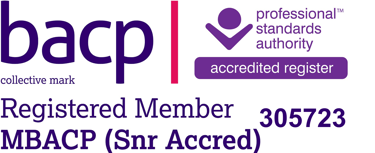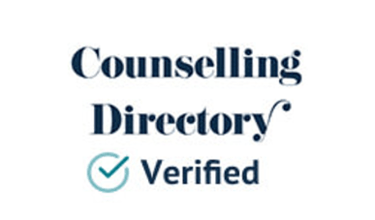The Power of Self-Compassion
How to Be Kinder to Yourself


The Power of Self-Compassion: How to Be Kinder to Yourself
Many of us find it easy to offer kindness, patience, and empathy to others—but when it comes to ourselves, harsh self-criticism often creeps in. Whether it’s perfectionism, negative self-talk, or feeling like we’re not “good enough,” the way we speak to ourselves matters.
Practising self-compassion is a powerful way to improve your mental health and emotional wellbeing. If you're feeling overwhelmed or constantly hard on yourself, you're not alone—and it doesn’t have to stay that way.
In this blog, we’ll explore what self-compassion really means, why it matters, and how you can start being a little kinder to yourself—starting today.
What Is Self-Compassion?
Self-compassion means treating yourself with the same kindness, care, and understanding you’d offer a friend going through a hard time. It’s about acknowledging your struggles without judgement and remembering that imperfection is a natural part of being human.
Self-compassion isn't about avoiding responsibility or ignoring challenges—it’s about creating a healthier and more supportive relationship with yourself.
Why Is Self-Compassion Important for Mental Health?
Research shows that self-compassion can significantly reduce stress, anxiety, and low mood. It can also help improve resilience, motivation, and emotional wellbeing. When you replace your inner critic with a more compassionate voice, you create the emotional safety needed for real growth and change.
I often work with clients who are navigating low self-esteem, burnout, and perfectionism. Building self-compassion is a key part of healing and moving forward—especially for those who feel like they’re never quite “doing enough.”
8 Practical Ways to Practise Self-Compassion
If you’re looking for simple ways to be kinder to yourself, here are some practical strategies to try:
1. Notice Your Inner Critic
Start by tuning in to how you talk to yourself. Would you say those same words to someone you care about? If not, reframe your thoughts with gentler language. Try:
"I’m doing my best"
"It’s okay to make mistakes—I’m learning"
2. Practise Mindfulness
Mindfulness helps you become aware of your thoughts and emotions without getting caught up in them. Even a few minutes of deep breathing, meditation, or mindful walking can help you respond to yourself with greater compassion.
3. Speak to Yourself Like a Friend
Next time you’re being hard on yourself, ask: “What would I say to someone I love in this situation?” Then say those words to yourself. It may feel strange at first, but with practice, it becomes more natural.
4. Let Go of Perfectionism
Perfectionism often fuels shame and self-criticism. No one is perfect, and mistakes are part of being human. Letting go of unrealistic expectations allows you to accept yourself as you are.
5. Prioritise Self-Care
Looking after your body and mind is a powerful act of self-compassion. That might mean getting enough rest, setting boundaries, nourishing yourself, or making time for the things you enjoy.
6. Reframe Setbacks as Growth
Instead of seeing mistakes as failures, try viewing them as learning opportunities. Every challenge you face is shaping your resilience and understanding of yourself.
7. Use Positive Affirmations
Affirmations can gently rewire the way you think about yourself. Some favourites to try:
"I am enough, exactly as I am"
"I deserve kindness—especially from myself"
"Progress, not perfection"
8. Seek Support When You Need It
Sometimes, self-compassion is hard to practise alone—especially if you've lived with self-criticism for a long time. Working with a therapist can help you explore your inner dialogue, unlearn unhelpful patterns, and build emotional resilience.
If you’re interested in exploring self-compassion in a safe, supportive space, I offer both in-person and online therapy across the UK. You can find more information on my website.
Choosing Kindness Every Day
Developing self-compassion is a journey, not a quick fix. But even small shifts in how you speak to yourself can make a big difference to your mental health and overall wellbeing.
You deserve the same care and compassion that you so freely offer to others. If you're ready to explore that in therapy, you're not alone—I'm here to walk alongside you.






